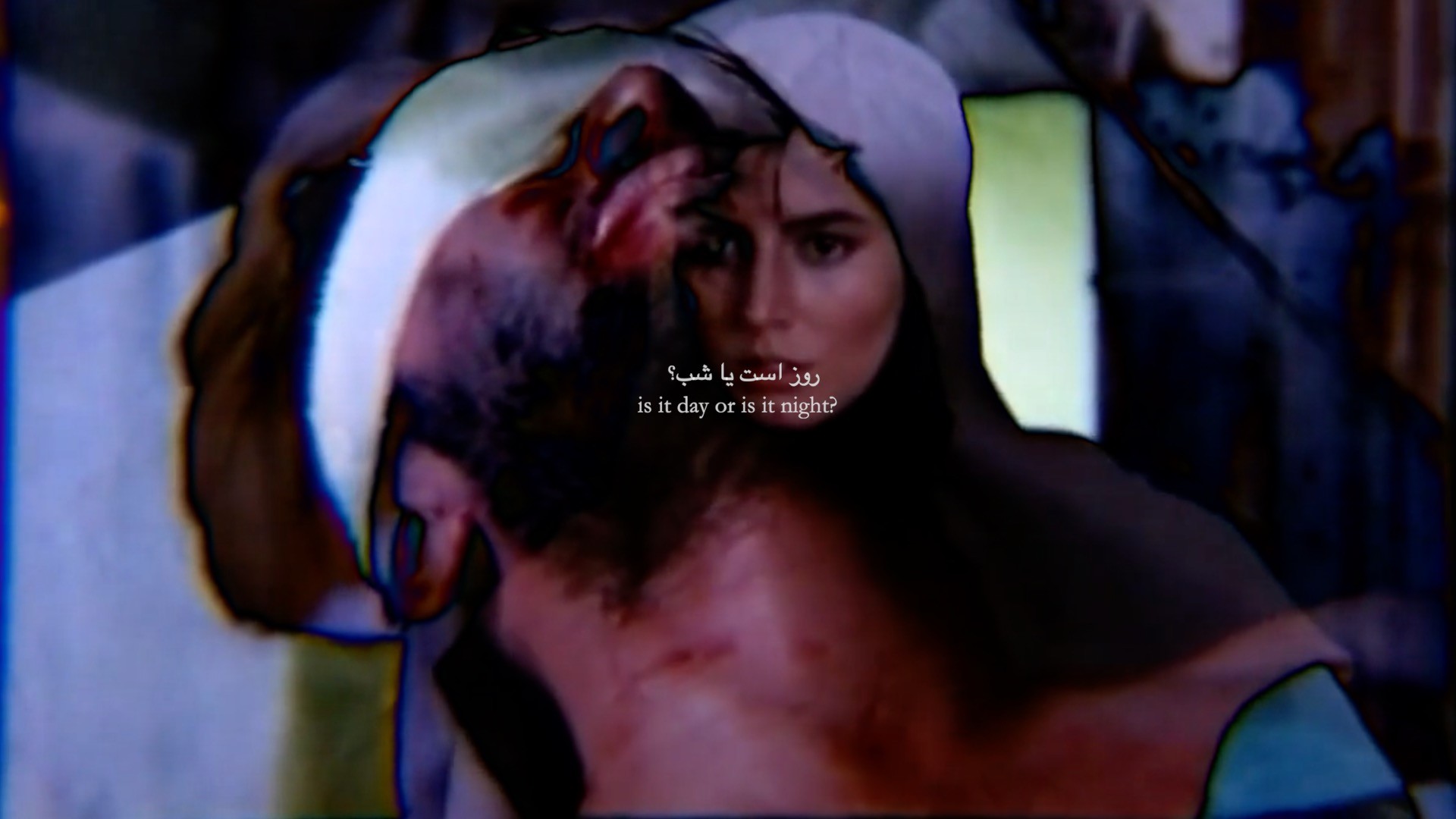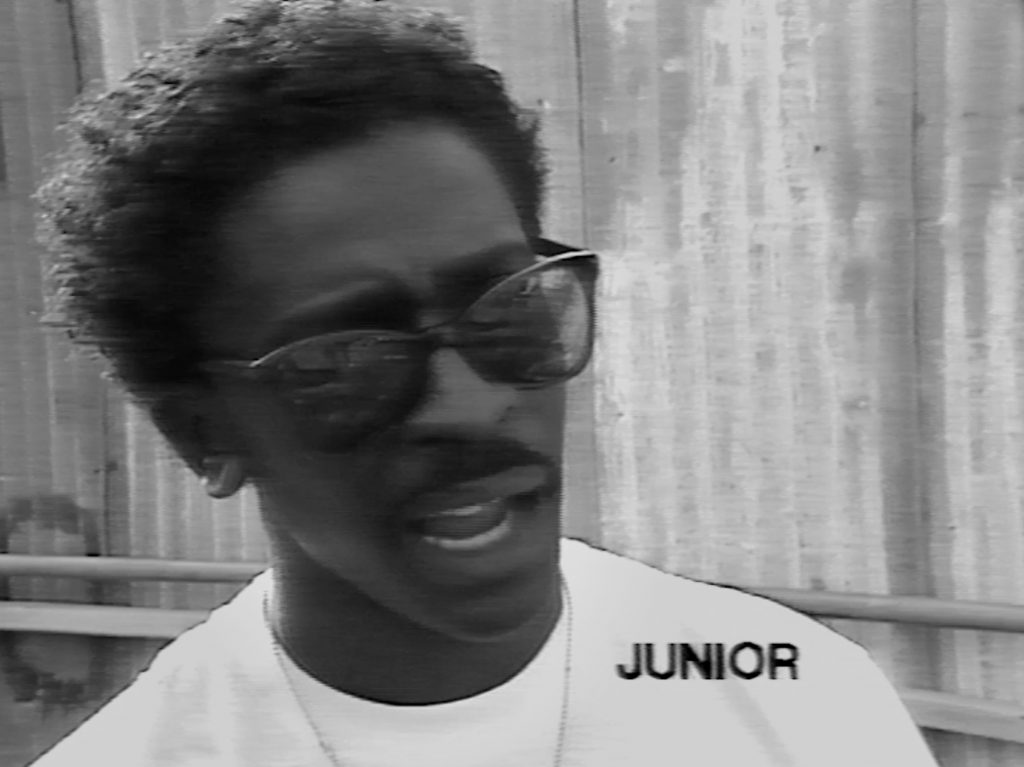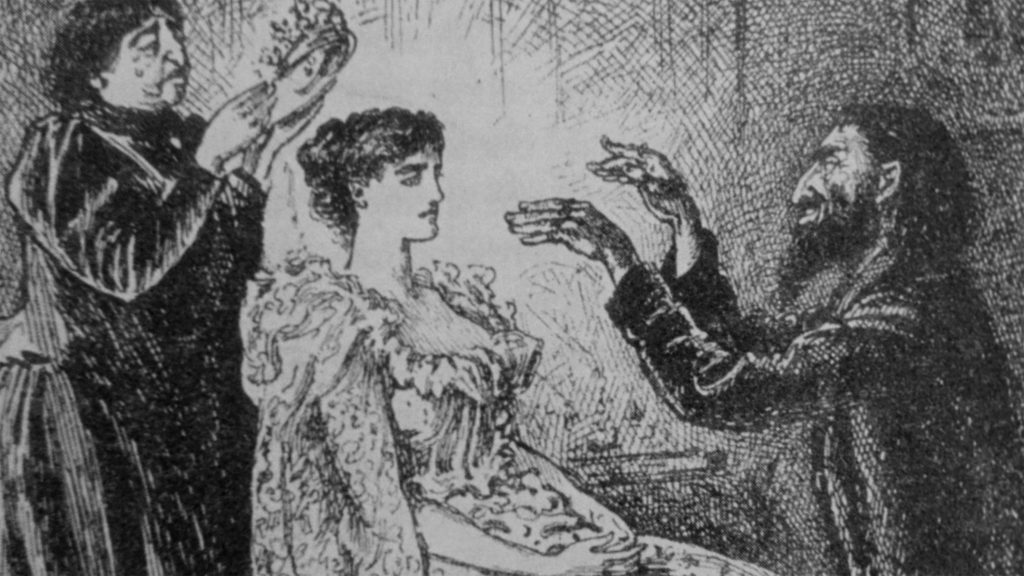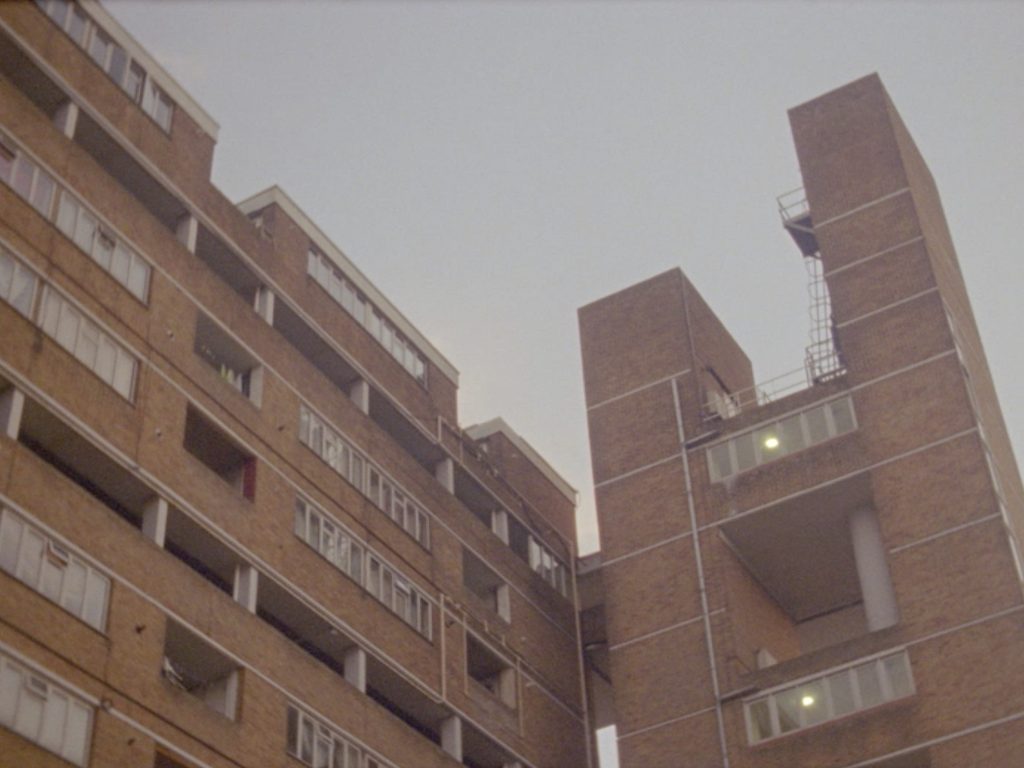The Videograms programme is complemented by the exhibition Gestures of Longing (Ilgesio gestai), presented at the “Meno avilys” cinematheque in the form of screening stations. These stations will showcase five films by contemporary artists Maryam Tafakary, Morgan Quaintance, Akram Zaatari, Jill Magid and Mohammad Shawky Hassan. Employing diverse archival material and an experimental approach, the films explore human relationships through the themes of longing, divorce, trust exercises and censorship. While each of these works is highly distinct, they are nevertheless linked not only through their themes but also by sensitive, curious approach to repurposing existing material: the exhibition explores human connections and relationships through the lens of censored Iranian films, police surveillance cameras, and intimate correspondence between lovers.
The exhibition is hosted at “Meno avilys” Cinematheque.
Visitors are welcome from 21 November to 2 December, on Tuesdays through Saturdays between 2:00 and 7:00 pm.
Curators: Karolis Žukas, Marija Nemčenko
Translator: Paulius Balčytis
Technical implementation: NOD47 electronics



